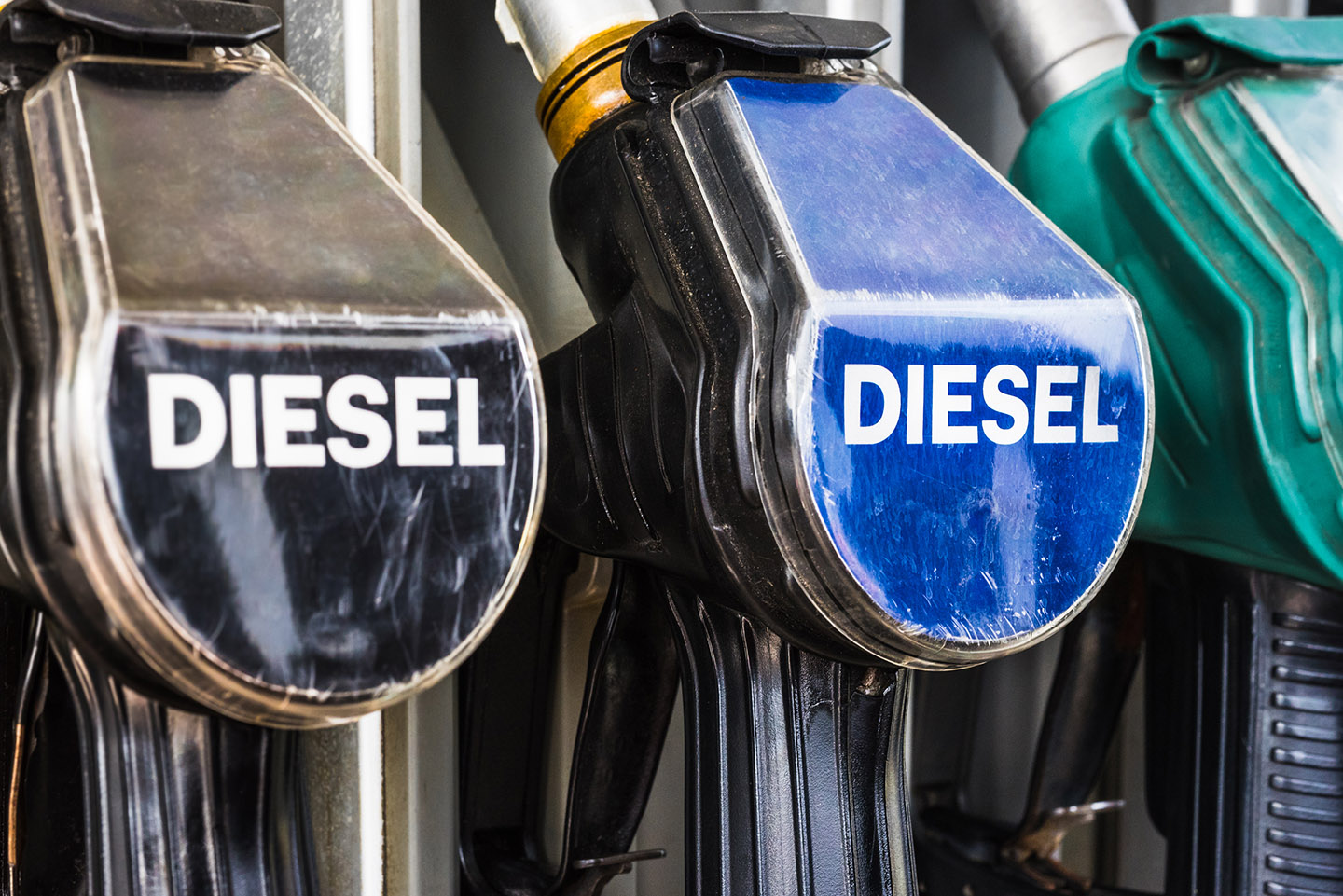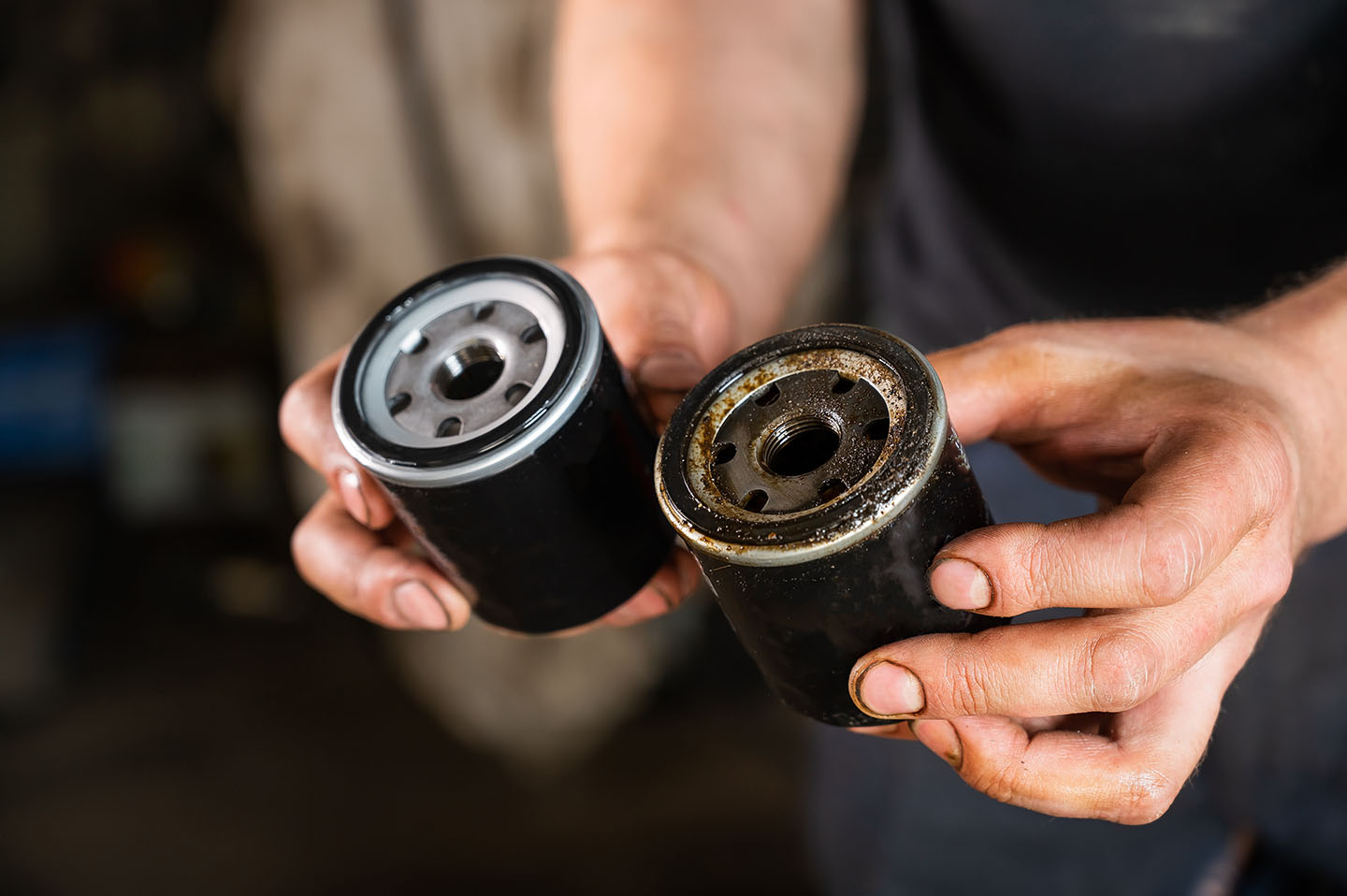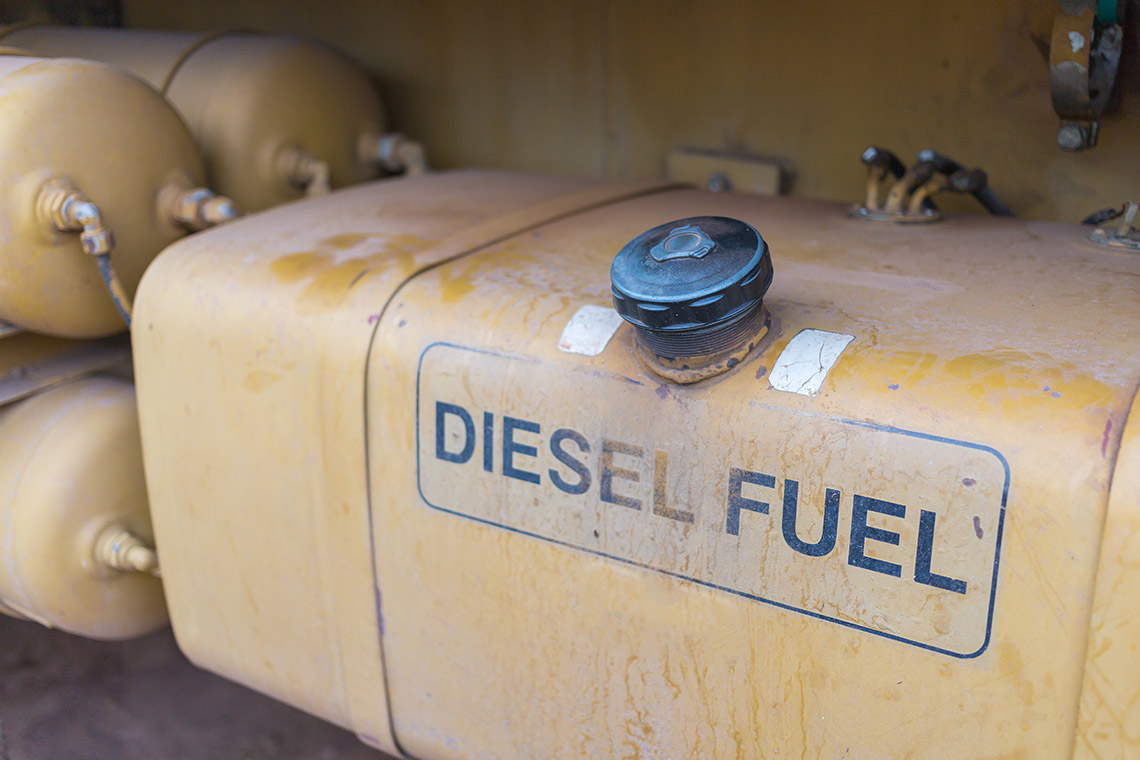Does Diesel Fuel Go Bad? What You Need to Know about Diesel Fuel Quality
Feb 4th 2022

If you have a diesel engine, you’re about to reestablish your relationship with water. H2O dilutes diesel fuel and leads to oxidation. Exposure to air and other pollutants will corrupt your diesel fuel as well. Fuel is expensive and lots of companies and individuals keep extra fuel on hand in case of emergency but using expired or poor-quality fuel will only damage the internal components of your engine. The dirt will clog your filters and diesel fuel injectors, while the water causes the metal coating to rust. Learn more about how and when diesel fuel goes bad to make sure you only fill up your tank with the best.
When Does Diesel Fuel Go Bad?
Fuel processers and distributors agree that diesel fuel typically lasts anywhere from six to 12 months when stored at 85 degrees Fahrenheit. Your fuel may expire or lose its value sooner than six months if it’s not being stored at the proper temperature. Diesel fuel will gel when the temperature drops below freezing, which can clog various filters and pipes. If the fuel is frozen, it won’t be able to move through the pipes, which means the engine may not start all together.
Shop Replacement Diesel Parts Online to Improve Engine Performance
Storing fuel in dirty containers or leaving it exposed to the open air will also cause the fuel to degrade. It’s best to store fuel in airtight containers in dry, insulated settings. Don’t assume your fuel will last a full year unless you are following the supplier’s storage recommendations.
It’s never a good idea to use expired fuel unless it’s an emergency. If you use bad fuel, you will need to replace your diesel parts to prevent permanently damaging the engine.

What Makes Diesel Fuel Go Bad?
If the diesel fuel is older than 12 months, the fuel will start to mix with the oxygen in the tank. This also makes the fuel become gummy with varying degrees of viscosity. Thick puddles may accumulate near the surface of the barrel or container. These clumps can also clog your pipes and filters. You will also notice a drop in fuel efficiency or may have trouble starting your vehicle.
Water can also collect inside the fuel container. Most diesel fuel contains some water even when you get it fresh from the pump. That’s because diesel fuel is more hygroscopic than traditional gas, which means it can absorb water from the air. For example, bio-diesel fuel absorbs 30 times more water than standard fuel.
Condensation can also form inside the container when the temperature outside fluctuates dramatically. Insulate your fuel from the cold to limit the amount of water getting into the fuel.
Shop for IPR Valves Online by Engine Make and Model
How to Remove Water from Your Diesel Fuel
Auto makers know that diesel can absorb water, which is why most diesel vehicles come with a fuel separator valve, which is designed to filter the water out of the fuel before it moves through the injection system. The separator filter traps water particles using a repellent surface. The excess water is then pumped to the water separator tank. You’ll need to empty the tank from time to time as it fills with water. If your tank if filling with water faster than normal, it usually means there is too much water if your fuel.
Find Replacement 6.0 IPR Valves to Improve Fuel Efficiency
Maintaining Your Fuel Injection System
If you used expired or dirty fuel, make sure you haven’t damaged your fuel injection system, which is made up of several crucial parts and components, all of which are extremely sensitive to poor quality fuel.

For example, the injection pressure regulator (IPR) valve adjusts fuel pressure based on operating conditions to make sure the fuel gets injected into the combustion chamber at just the right PSI. The same is true of your diesel fuel injectors. If fuel isn’t under enough pressure, it may not burn completely, leading to white smog in the exhaust. You will also burn through fuel faster than normal, forcing you to pay more at the pump.
Using poor-quality fuel can damage these parts. Replace your IPR valves and injectors as soon as possible to avoid further damaging your engine.
The IPR valve on the 6.0L engine tends to be particularly faulty. The valve tends to stick or may suddenly stop working all together. Shop for high-quality 6.0 IPR valves online for better fuel efficiency.
